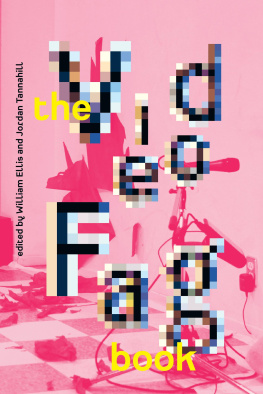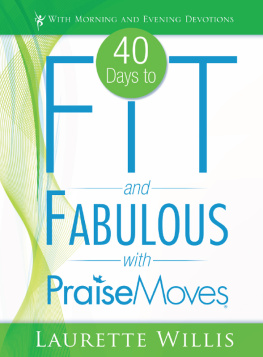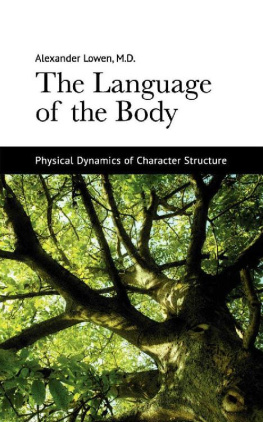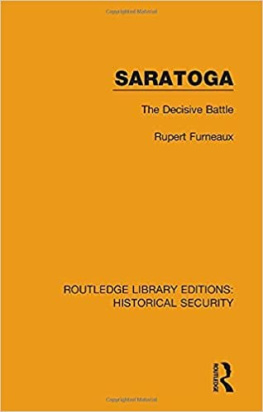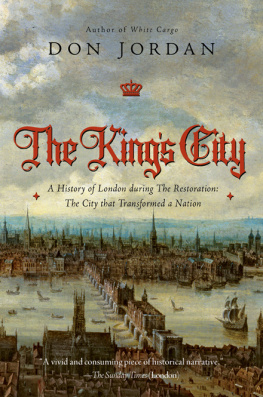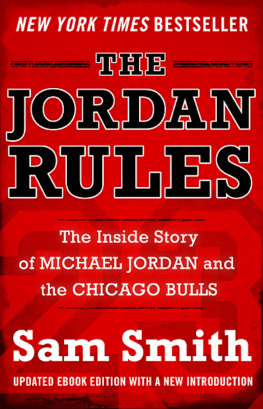Furneaux Jordan - Body, Parentage and Character in History
Here you can read online Furneaux Jordan - Body, Parentage and Character in History full text of the book (entire story) in english for free. Download pdf and epub, get meaning, cover and reviews about this ebook. year: 2016, publisher: CreateSpace Independent Publishing Platform, genre: Non-fiction. Description of the work, (preface) as well as reviews are available. Best literature library LitArk.com created for fans of good reading and offers a wide selection of genres:
Romance novel
Science fiction
Adventure
Detective
Science
History
Home and family
Prose
Art
Politics
Computer
Non-fiction
Religion
Business
Children
Humor
Choose a favorite category and find really read worthwhile books. Enjoy immersion in the world of imagination, feel the emotions of the characters or learn something new for yourself, make an fascinating discovery.

- Book:Body, Parentage and Character in History
- Author:
- Publisher:CreateSpace Independent Publishing Platform
- Genre:
- Year:2016
- Rating:3 / 5
- Favourites:Add to favourites
- Your mark:
- 60
- 1
- 2
- 3
- 4
- 5
Body, Parentage and Character in History: summary, description and annotation
We offer to read an annotation, description, summary or preface (depends on what the author of the book "Body, Parentage and Character in History" wrote himself). If you haven't found the necessary information about the book — write in the comments, we will try to find it.
Body, Parentage and Character in History — read online for free the complete book (whole text) full work
Below is the text of the book, divided by pages. System saving the place of the last page read, allows you to conveniently read the book "Body, Parentage and Character in History" online for free, without having to search again every time where you left off. Put a bookmark, and you can go to the page where you finished reading at any time.
Font size:
Interval:
Bookmark:

IN HISTORY.
with a Chapter on
Education, Career, Morals, and Progress .
FURNEAUX JORDAN, F.R.C.S.
Kegan Paul, Trench, Trbner & Co. Limited ,
1890.
Printed by Hall and English.
| PAGE |
| Note I.The Various Views of Henry VIII.s Character. |
| Momentous changes in sixteenth century |
| Many characters given to noted persons |
| A great number given to Henry |
| The character given in our time |
| Attempt to give an impartial view |
| Need of additional light |
| Note II.The Relation of Body and Parentage to Character. |
| Bodily organisation and temperaments |
| Leading types in both |
| Elements of character run in groups |
| Intervening gradations |
| Note III.Henrys Family Proclivities. |
| Henry of unimpassioned temperament |
| Took after unimpassioned mother |
| Derived nothing from his father |
| Character of Henry VII. |
| Henry VIII., figure and appearance |
| Note IV.The Wives Question. |
| Henrys marriages, various causes |
| Passion not a marked cause |
| Henry had no strong passions |
| Self-will and self-importance |
| Conduct of impassioned men |
| Note V.The Less Characteristic Features of Henrys Character. |
| Characteristics common to all temperaments |
| Henrys cruelty |
| Henrys piety |
| Note VI.The More Characteristic Features of Henrys Character. |
| Always doing or undoing something |
| Habitual fitfulness |
| Self-importance |
| Henry and Wolsey: Which led? |
| Love of admiration |
| Note VII.Henry and his Compeers. |
| Henrys political helpers superior to theological |
| Cranmer |
| Sir Thomas More |
| Wolsey |
| Note VIII.Henry and his People and Parliament. |
| No act of constructive genius |
| Parliament not abject, but in agreement |
| Proclamations |
| Liberty a matter of race |
| Note IX.Henry and the Reformation. |
| Teutonic race fearless, therefore truthful |
| Outgrew Romish fetters |
| French Revolution racial |
| The essential and the accidental in great movements |
| Wyclif |
| Erasmus, Luther, Calvin, Knox |
| Henrys part in the Reformation |
| No thought of permanent division |
| The dissolution of the monasteries |
| Note X.Queen Elizabeth and Queen Mary. |
| Henry VIII. and Elizabeth much alike |
| Elizabeth less pious but more fitful |
| Elizabeth and marriage |
| Elizabeths part in the Reformation |
| Elizabeth and Mary Stuart very unlike |
| Lofty characters with flaws |
| Marys environment and fate |
| Bodily peculiarities of the two Queens |
Font size:
Interval:
Bookmark:
Similar books «Body, Parentage and Character in History»
Look at similar books to Body, Parentage and Character in History. We have selected literature similar in name and meaning in the hope of providing readers with more options to find new, interesting, not yet read works.
Discussion, reviews of the book Body, Parentage and Character in History and just readers' own opinions. Leave your comments, write what you think about the work, its meaning or the main characters. Specify what exactly you liked and what you didn't like, and why you think so.


